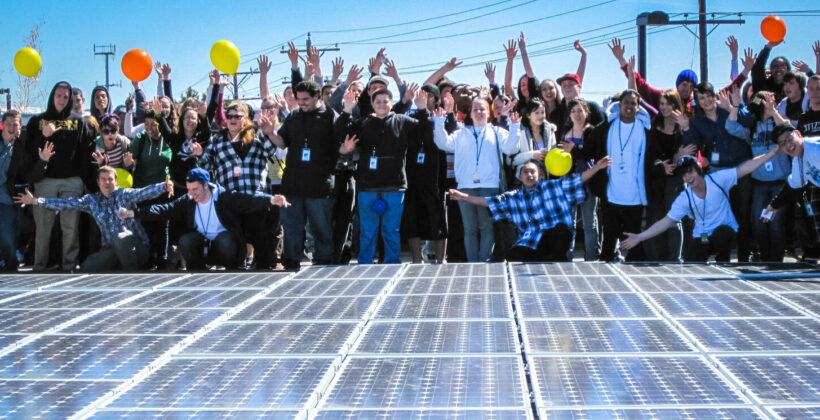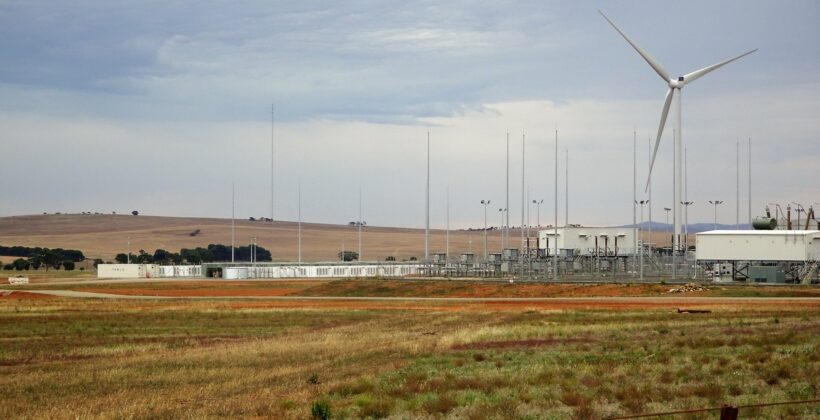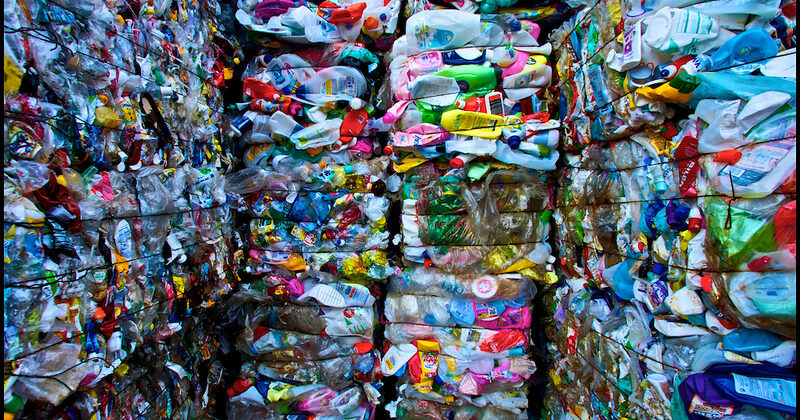
Story of change
Reclaiming power: The rapid rise of community renewable energy and why the added benefits of local, clean power can help accelerate transitionRenewable energy is on the rise. It made up more than a quarter of global electricity generation (27%) in 2019 and is outpacing all other energy sources’ growing capacity. Nevertheless, it is...






